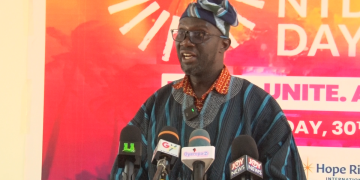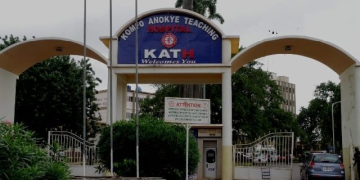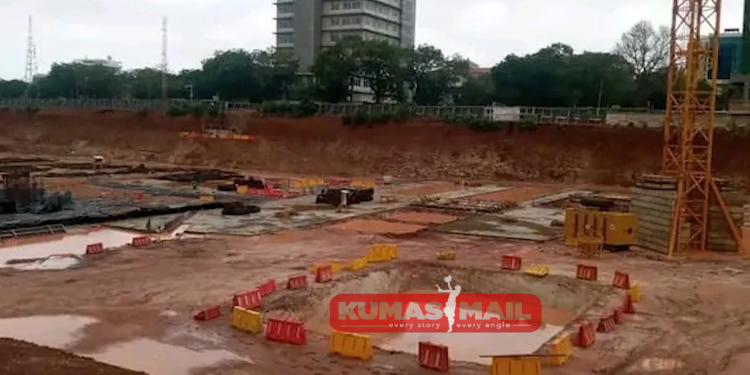President John Dramani Mahama has announced plans to initiate a thorough investigation into the National Cathedral project following recommendations by the Commission on Human Rights and Administrative Justice (CHRAJ).
The move is aimed at ensuring transparency and accountability in the use of public funds for the controversial initiative.
Speaking at a national thanksgiving service at the University of Professional Studies, Accra (UPSA), President Mahama expressed concern over the cost of the project, estimated at $400 million, deeming it unreasonable given Ghana’s current economic challenges.
“On the issue of the National Cathedral, the Commission on Human Rights and Administrative Justice has directed the government to audit the project and investigate the potential misuse of public funds. The government is obliged to follow this directive and will soon activate such an investigation,” he stated.
President Mahama emphasized the need for consensus among stakeholders on how to execute the project without relying on public funds. He underscored that the project must be pursued at a more reasonable cost.
“I believe that as a nation, we must come to a consensus on how to achieve such a project without recourse to public funds. The current economic circumstances make it illogical to allocate $400 million to this project. We can achieve a more reasonable figure, and together, raise the funding for it,” he remarked.
Citing the example of the National Ecumenical Center in Abuja, Nigeria, which serves all Christian denominations and was constructed at a cost of $30 million, President Mahama suggested that Ghana could adopt a more prudent approach.
He also hinted at a potential reconsideration of the current site selected for the project, adding that such changes could contribute to a more feasible execution.
President Mahama’s statement has reignited public discourse on the National Cathedral project, which has faced widespread criticism over issues of funding and prioritization.
The announcement of the impending investigation is expected to provide further clarity on the project’s execution and foster greater accountability in public expenditure.
Source: www.kumasimail.com

































































